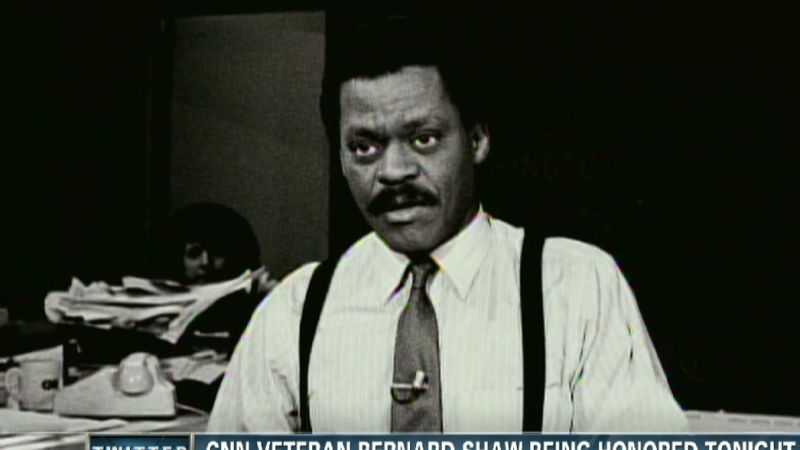Ida Tarbell: A Historical Muckraker

Ida Tarbell: A Historical Muckraker During the Progressive Era, the term Muckraker came to light with their goal focused on exposing the problems in American society caused by businesses or within the government. Muckrakers developed their name from President Theodore Roosevelt in 1906 when this form of investigative journalism gained popularity from the American public. As one of the most famous muckrakers of her time, Ida Tarbell is well known for her work in investigative journalism. Tarbell focused primarily on exposing the corruption of people with power and money. Whether it was a large monopoly or government wrongdoing, Ida Tarbell paved the way for the type of investigative journalism and true crime reporting we know today. The "Cleveland Massacre" During Tarbell's pursuit of a teaching career, she met the editor of the Chautauquan magazine, where she spent 6 years writing. One of her biggest accomplishments at this time in 1872 was her investigative reporting...


